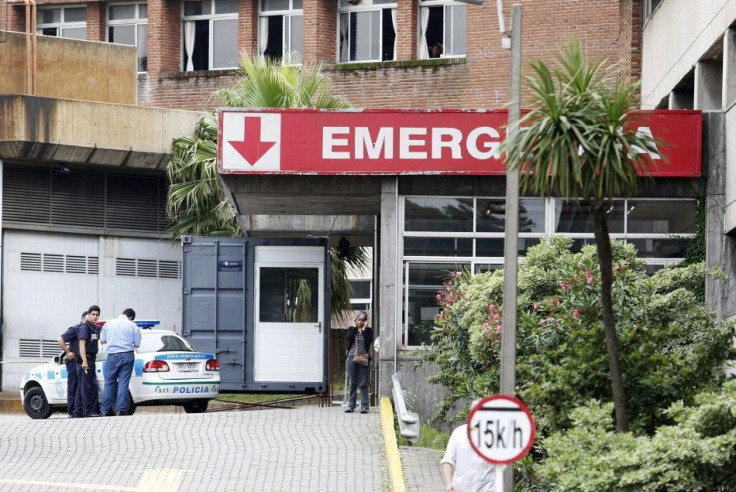Controversial Heart Transplant Teen Dies After Police Chase

Seventeen-year-old Anthony Stokes died on Tuesday when his car jumped a curb, hit a pedestrian and collided with a pole. It was the result of a car chase with Roswell police.
WSBTV reports that Stokes was driving a car with the same description as a vehicle used by a person who broke into the house of a female senior citizen. Cops tried to pull Stokes over in response to the old lady’s call to 911, but instead of stopping, he sped away, resulting in a car chase.
Lisa Holland, spokeswoman of the Roswell Police Department, emphasised that it was not established that Stokes was the one who broke into the old woman’s house. “He may have been running from something else,” Holland said, quoted by Journal Constitution.
She added that Stokes lost control of the car based on the long set of skid marks. His car was almost split into two by the sign, and he had to be cut out of the Honda by first responders. He was rushed to the hospital and died.
Two years ago, Stokes was in the hospital for a different reason. He was 15 then and was close to death. He needed a heart transplant but had difficulty because he had a history of noncompliance, according to doctors.
Doctors pointed to his low grades and history of trouble with law which made the medics doubt if he would take his medicines regularly and go for regular visits to his doctors after a transplant.
However, when his story was published, it sparked an outrage and the doctors reversed their decision. After his transplant, Stokes then said he was grateful for his second chance at life, which just ended on Tuesday.
The reports did not indicate if Stokes took his post-transplant medication or not. But had he lived longer, it meant taking regularly immunosuppressant drugs which keeps a balance between organ rejection and infection, according to Barry Friedman, administrative director of the Solid Organ Transplant Program at the Children’s Medical Center in Dallas.
He explains, “You need to take enough of your medicines to prevent organ rejection. But you can’t take too much that your risk of infection gets too high,” quotes WebMD.
To contact the writer, email: v.hernandez@ibtimes.com.au





















